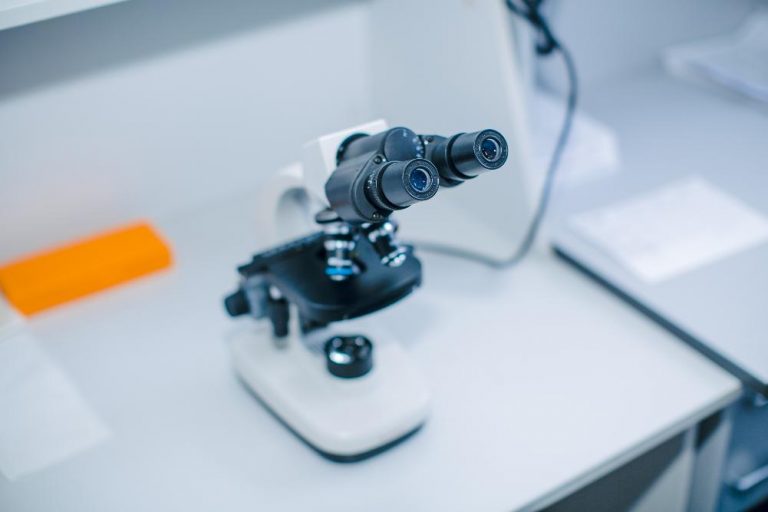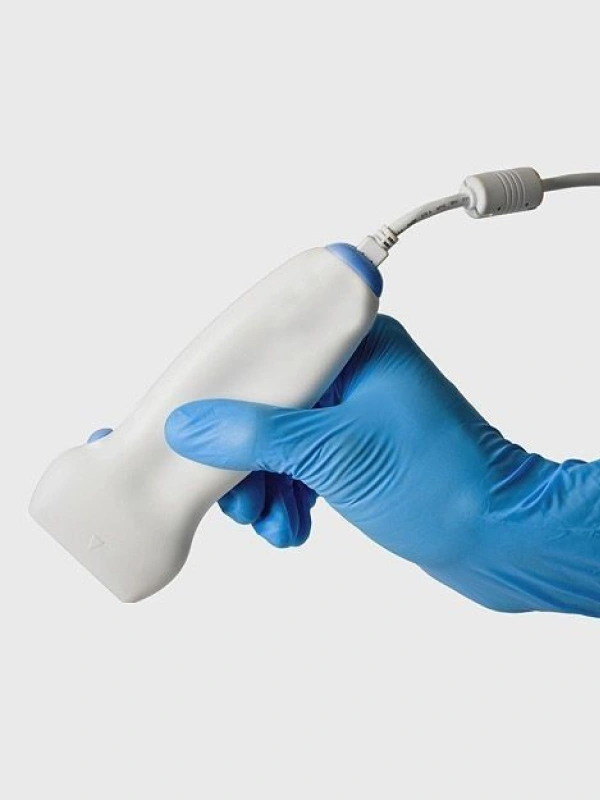Dubai
English
Request a call

Preparation for conception is not only about a positive mindset and lifestyle, but also a thoughtful approach to health status. Early diagnosis of possible hereditary risks is of great importance. The answer to the question of which genetic tests to take before pregnancy depends on family history, ethnic factors, and even the region of residence. Genetic screening makes it possible to identify hidden carriers of mutations that may affect the baby’s development.
For example, if there have been cases of cystic fibrosis, phenylketonuria, hemophilia, or other hereditary diseases in the family, the doctor will recommend DNA testing. It does not require special preparation, and the results often play a decisive role in pregnancy planning. A couple who receive positive results can discuss possible options in advance with a geneticist and gynecologist, including IVF with preimplantation diagnosis.
What tests should a woman take before pregnancy: a general approach to preparation
It is not only about gynecological examinations, it is important to cover all key body systems to avoid missing possible risks. First of all, it is necessary to check the hormonal balance, thyroid function, glucose level, as well as rule out infections that are dangerous during pregnancy. The general condition of the blood also plays a major role – hemoglobin, leukocytes, coagulation indicators. This is necessary to assess the body’s resources, as pregnancy is a significant load. If any parameters fall outside the normal range, the woman should undergo additional examinations to stabilize her condition before conception.Which Vitamin Tests to Take Before Pregnancy: Unobvious but Important Deficiencies
Micronutrients are often ignored when preparing for conception, although they are responsible for many internal processes. A deficiency of folic acid, vitamin D, iron, or B12 can negatively affect both conception and fetal development. To avoid guessing and self-prescribing vitamins blindly, it is reasonable to take tests to check the levels of essential nutrients. It is especially important to monitor vitamin D in winter or with little sun exposure, as well as ferritin if anemia has previously been observed. This will help determine the correct dosage of supplements and avoid overdose, which is also dangerous.
What tests a woman should take before pregnancy: you can’t do without them
There is a basic list of examinations recommended regardless of individual characteristics. It covers the main risks and helps to identify hidden chronic diseases:- Complete blood count and biochemical blood test.
- Urinalysis.
- Thyroid hormones (TSH, free T4).
- Prolactin, LH, FSH – to assess reproductive function.
- TORCH complex (toxoplasmosis, rubella, cytomegalovirus, herpes).
- Coagulogram (blood clotting).
- Screening for HIV, hepatitis B and C, syphilis.
- PCR tests for STIs.
- Pelvic ultrasound.
- Fluorography.

What tests should be done before pregnancy: doctors’ perspective
From the point of view of obstetricians and gynecologists, preparation should be comprehensive and take into account not only current complaints but also potential risks. At a gynecologist’s appointment, the process usually begins with taking a medical history, clarifying the menstrual cycle, and assessing reproductive function. After that, the doctor selects the optimal set of examinations, focusing on age, previous pregnancies (if any), the presence of chronic diseases, and the patient’s lifestyle. Consultations with specialists such as a therapist, dentist, and endocrinologist are no less important. Even something as common as tooth decay can become a source of infection and affect the course of pregnancy.What tests to take at the gynecologist before pregnancy: what a standard appointment includes
It usually involves more than just a vaginal smear or colposcopy. A gynecological examination includes comprehensive diagnostics — from assessing the vaginal microbiota to ruling out hidden infections. The doctor prescribes an ultrasound of the uterus and ovaries to ensure their normal structure and the absence of tumors. It is at this stage that it is important to clarify whether there is a need for an additional consultation with a reproductive specialist. Sometimes, even with good general health, there are nuances worth discussing in advance, especially if the couple is over 35 years old or has had attempts at IVF.
What else should be considered when planning conception
Preparing for motherhood is not only about physical health. Emotional state, stress levels, nutrition, sleep, and physical activity – all of this directly affects fertility. Therefore, it is necessary to view the body as a whole, and not reduce everything to laboratory results. It is important to start taking folic acid in advance and adjust nutrition: this significantly increases the chances of a healthy pregnancy and reduces the risk of developmental abnormalities. A list of examinations worth undergoing before conception:- TORCH complex and STIs: help identify hidden infections dangerous for the fetus.
- thyroid and reproductive system hormones: affect ovulation, conception, and pregnancy;
- general blood and urine tests: show the overall condition of the body and the presence of inflammation;
- biochemistry and coagulation profile: assess liver and kidney function and blood clotting;
- vitamin and micronutrient check: helps identify hidden deficiencies affecting fertility;
- ultrasound of the pelvic organs and mammary glands: diagnostics of the condition of the uterus, ovaries, and milk ducts;
- examination by a dentist, therapist, endocrinologist: helps rule out chronic sources of infection and hormonal disorders.

Fill out the form to book your consultation.
Your personal manager will contact you within 10 minutes and arrange a convenient time for your visit.












